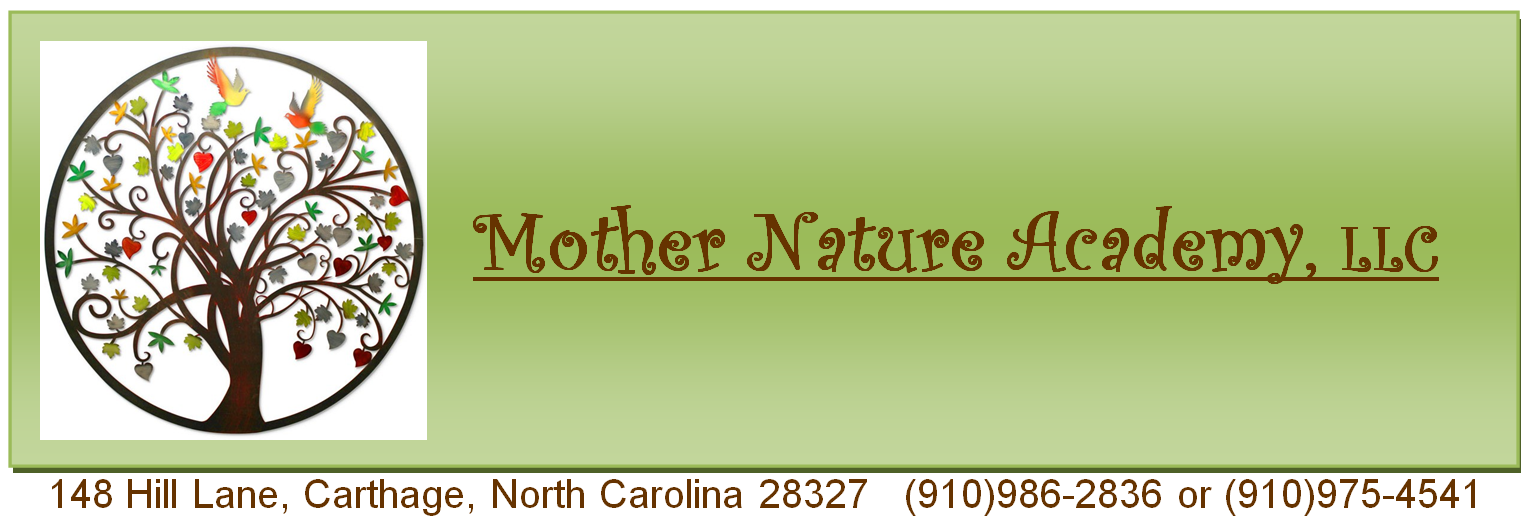

Mother Nature Academy will be drawing from the early childhood education philosophies of Reggio Emilio, Jean Piaget and Maria Montessori to offer your child a very unique vehicle to propel and sustain him or her through future academic success. Experts agree that children learn through play and that play should be child-centered.
Jean Piaget believed that children build intelligence in a series of stages. These stages are related to their age, but one must be built upon the other as one stage had to be accomplished before another stage could be started. This is called scaffolding. We recognize that children need to be taught material at the stage at which they are ready to receive it.
Maria Montessori believed that if the environment was intentionally set up with the tools children needed to learn, they would use these tools and learn the lesson with minimal adult direction. This is because children have different learning styles and sometimes when teachers try to teach to the child in a different style, the child misses the lesson. We aim to set up our environment with those elements that will foster learning through play-work.
The Reggio Emilio approach advocates for project-based learning. This approach is based on the belief that if a child was interested in something, they could learn many other things through that interest. For example, if one day we found that our students were interested in the deer tracks we saw on our nature walk, we might count the tracks (math), compare them with other animal tracks (science), learn about the foods they eat and compare them with our own healthy diet (nutrition), study a map to see where deer are found (geography), read books about deer (reading), make plaster animal tracks (art), and maybe have a deer expert come and talk to us about our deer (enrichment). This is called the Project Approach and we intend to incorporate the approach in our curriculum.
Research has made it very clear that children can and will learn more effectively when:
1. Their environment is conducive to learning.
2. The child is emotionally ready to learn (He/she is not upset,worried,frightened or sad.)
3. The material is presented in a developmentally appropriate way.
4. The child is interested in the material.
5. The teacher is instructing from a position of positive guidance.
Our students will be continually observed and assessed for progress in four developmental domains:
1. Physical development
2. Social/Emotional development
3. Cognitive development
4. Language development
To this end, our outdoor learning environment will offer children a variety of activity centers that will challenge and delight them. These activity centers include:
1. Dramatic play area
2. Mud Kitchen
3. Sand Pit for digging and engineering
4. Water play (in temperate weather)
5. Tricycle path
6. Musical wall
7. Library with hay lounge
8. Large block and pole building area
9. Tunnel/slide
10. Art and writing center
11. Math and manipulative center
12. Science and discovery center
In addition to these activity centers, we will be working on specific projects throughout the year that will be chosen based on our student’s interests.
Curriculum
Now Enrolling for Fall
Moore County's Premier Outdoor Nature Preschool
Enrollment opportunities still available!
